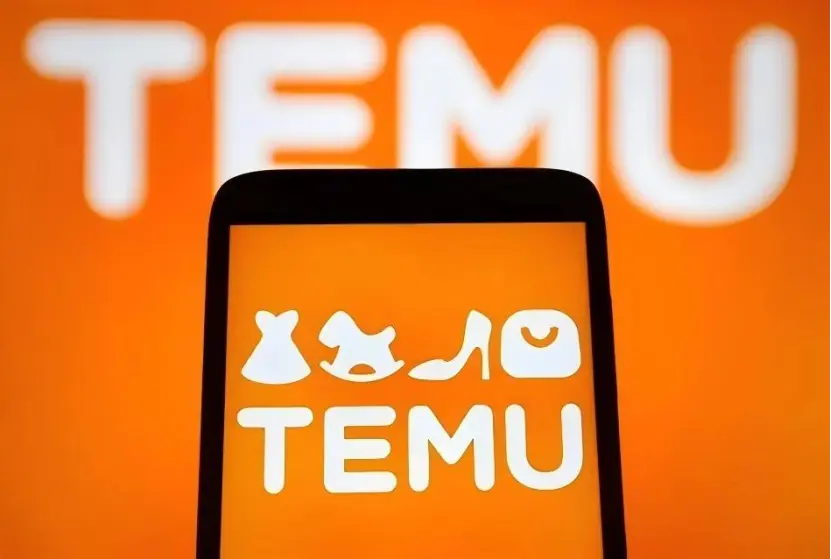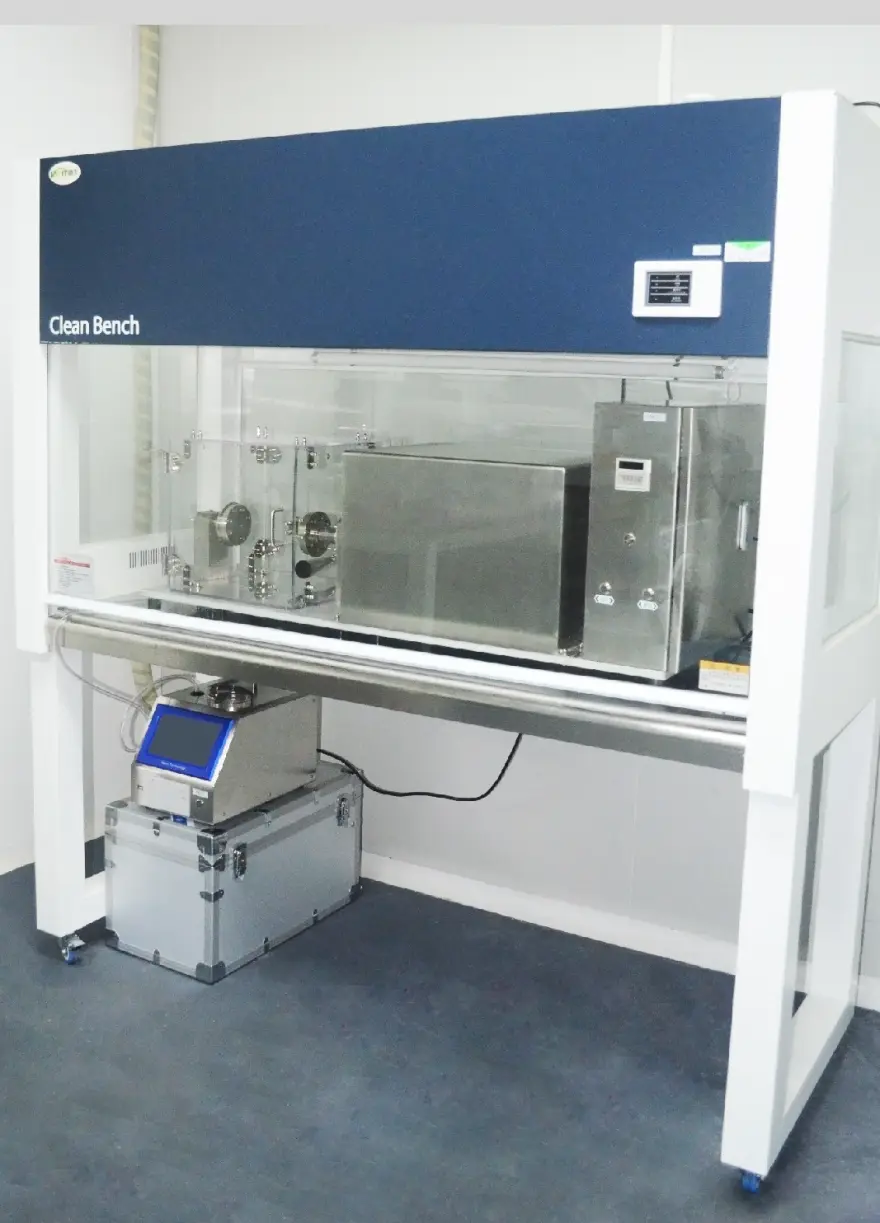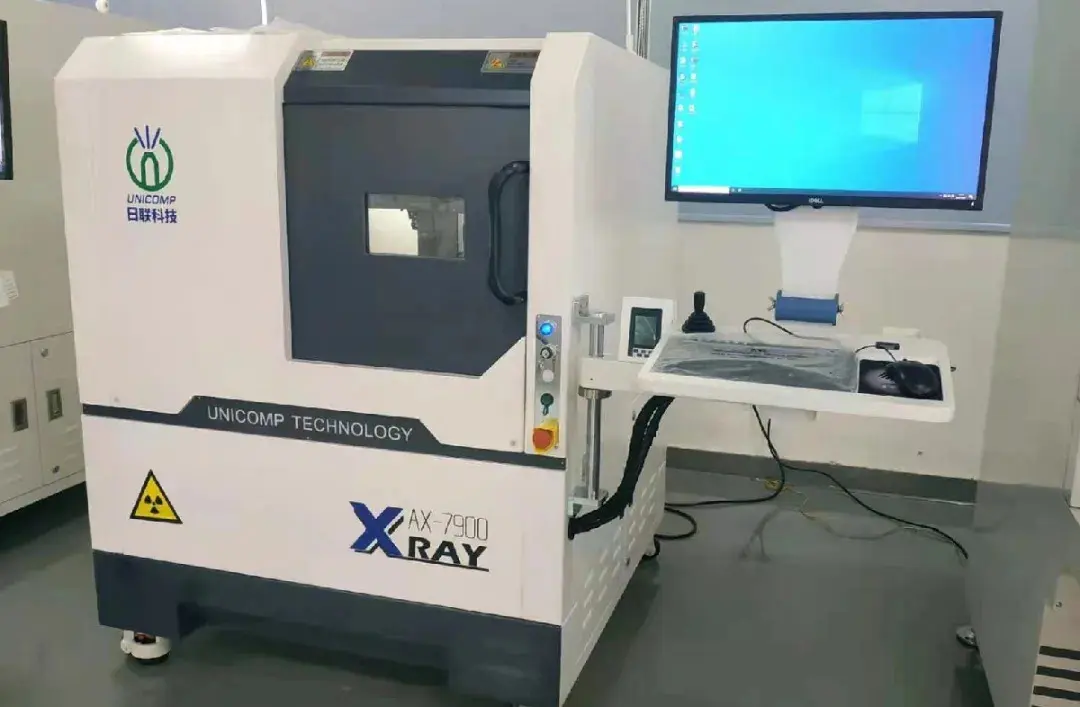
What Certification for Electronic Products on the TEMU Platform?
To sell electronic products on the TEMU platform, merchants must ensure that their products comply with a series of stringent certification requirements. These certifications are not only necessary to adhere to the legal and regulatory standards of various countries and regions but also to protect consumer safety and interests. Below are the main certifications required for electronic products on the TEMU platform and their related requirements.

General Certifications for Electrical and Electronic Products
- EU CE and ROHS certifications:
CE certification is a mandatory requirement for the European market, indicating that the product meets the basic safety, health, and environmental requirements outlined in EU directives. RoHS certification ensures that electronic products do not contain hazardous substances such as lead, cadmium, mercury, hexavalent chromium, polybrominated biphenyls (PBB), and polybrominated diphenyl ethers (PBDE).
- RSL Certification:
Restricted Substances List (RSL) certification primarily checks for harmful substances like short-chain chlorinated paraffins in electronic products, ensuring compliance with EU environmental standards.
The ukca (UK Conformity Assessed) mark is the new product safety certification established after Brexit, replacing CE certification in the UK market.
- Authorized Representative Certifications (EU and UK):
The EU Authorized Representative (EU AR) and UK Authorized Representative (UK AR) certifications require electronic products to have a legally responsible entity within the EU or UK markets.
- European EPR Registration:
Extended Producer Responsibility (EPR) registration is a requirement under EU electronic product recycling regulations, covering aspects such as packaging laws, WEEE directives, and battery regulations to ensure environmentally friendly recycling of electronic products in the EU market.
Specific certifications for Certain Electronic Products
- US FCC Certification:
FCC certification is mandatory by the US Federal Communications Commission, requiring wireless communication products to meet US electromagnetic compatibility standards.
- UL Test Report:
A UL test report is issued after the product is tested and complies with the corresponding UL standards, demonstrating adherence to UL safety standards. Specific electronic products, such as household appliances and security cameras, may require specific UL certifications, such as UL62368, UL60335, or UL60065.
- Canada ised certification:
ISED certification is a mandatory requirement by Innovation, Science, and Economic Development Canada, ensuring that electronic products meet Canadian electromagnetic compatibility standards.
Certifications for Products with Built-in Batteries
For products with built-in batteries, additional certifications are required beyond the general ones, such as compliance with battery standards like IEC/EN62133 or UL2054/UL1642. Temperature testing reports may also be necessary.
Certifications for Infant and Toddler Products
Infant and toddler electronic products must pass the US CPC Certification and EU CE-EN71 certification. Additionally, they must provide FDA food contact testing reports to ensure product safety and compliance.
Certification Process
The process of obtaining the necessary certifications for electronic products on the TEMU platform typically includes the following steps:
1. Completing the application form.
2. Providing samples.
3. Arranging for testing.
4. Receiving draft reports upon passing the tests.
5. Confirming and issuing the official certification documents.
Merchants should work with certification bodies that possess the relevant qualifications and experience to ensure the smooth progression of the certification process and the reliability of the results.
TEMU’s certification requirements for electronic products are rigorous and comprehensive. Merchants must ensure that their products meet all relevant certification requirements to safeguard consumer rights and maintain their own commercial reputation.
Email:hello@jjrlab.com
Write your message here and send it to us
 Packaging Validation ISO 11607 Test Report
Packaging Validation ISO 11607 Test Report
 What is the ISO 11607-1 Packaging Validation Test?
What is the ISO 11607-1 Packaging Validation Test?
 How to get an ISO 11737-1 Test Report?
How to get an ISO 11737-1 Test Report?
 Orthopedic Implant Cleanliness Testing
Orthopedic Implant Cleanliness Testing
 What is ISO 10993-23:2021 Irritation Testing?
What is ISO 10993-23:2021 Irritation Testing?
 ISO 10993-23 Irritation Testing Laboratory
ISO 10993-23 Irritation Testing Laboratory
 EMI Emissions Testing
EMI Emissions Testing
 EMC Standards for Medical Devices
EMC Standards for Medical Devices
Leave us a message
24-hour online customer service at any time to respond, so that you worry!




